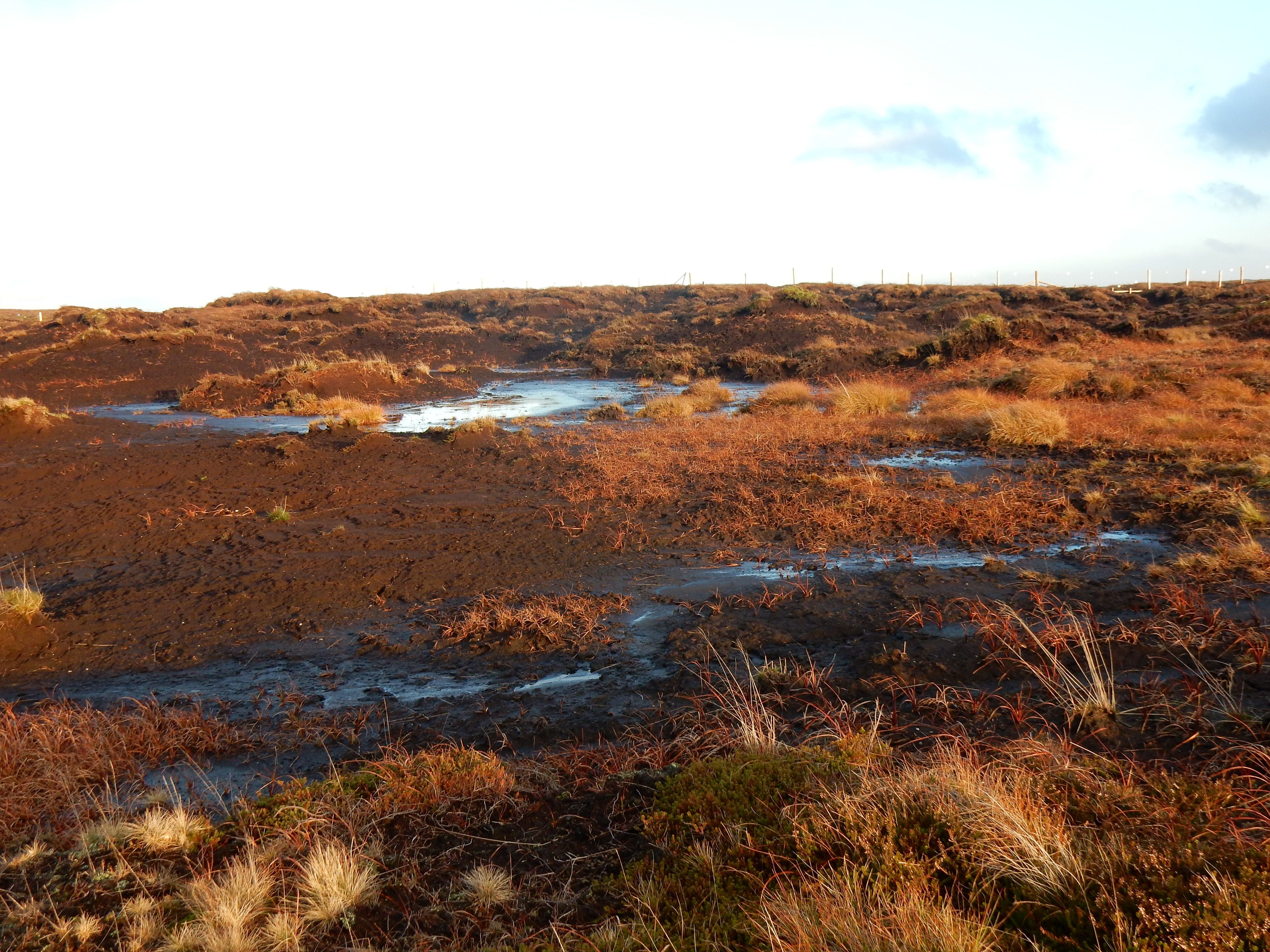World will fail unless climate and nature crises are tackled together, says major report
Warning is first collaboration between the leading authorities on climate and biodiversity

The world’s climate and nature crises cannot be solved unless they are tackled together, scientists have warned in a major report.
Global temperatures are already nearing levels deemed unsafe by climate scientists, while 77 per cent of the world’s land and 87 per cent of its oceans have been degraded by humans – putting more species at risk of extinction than at any other time in human history, according to the analysis.
To address the escalating crises, the world must end deforestation, rewild vast stretches of the land and sea and rapidly switch to plant-based diets, says the report, which is published by more than 50 of the world’s leading climate and nature scientists.
However, countries must ensure that the solutions they pursue address both crises effectively or risk committing environmental “epic fails”, the scientists said. They pointed to tree-planting with just a single species as an example of a solution that does little to tackle the decline of nature or the climate crisis in the long term.
“Even in areas where tree-planting is the right thing to do, [single-species] plantation forests are a disaster,” Professor Camille Parmesan, a report author and ecologist at Plymouth University, told a press briefing held on Wednesday.
“For a forest to be able to be resilient to [the climate crisis], you need it to be diverse. Plantation forests are extremely vulnerable... because every tree is the same species. One drought or heatwave can cause the loss of the whole forest.”
The peer-reviewed report is the first collaboration between the world’s leading climate science authority, the Intergovernmental Panel on Climate Change, and the leading authority on biodiversity decline, the Intergovernmental Science-Policy Platform on Biodiversity and Ecosystem Services.
Together, the scientific groups warn that the world is currently not doing enough to recognise that the climate and nature crises are inextricably linked.
For example, the way that humans impact the land through deforestation, agriculture and development is the chief driver of biodiversity loss and also a major cause of the climate crisis, with land use accounting for around a quarter of all greenhouse gas emissions.
In addition, each problem can exacerbate the other, the scientists said. For example, rapidly rising temperatures threaten the survival of many species, while the loss of wildlife from ecosystems can affect their ability to store carbon.
Despite the links, the climate and nature crises are often treated as separate issues in the political arena, the report notes.
World leaders discuss each problem at separate UN conferences, with the next summit on biodiversity loss taking place in Kunming, China, in October and the next meeting on the climate crisis taking place in Glasgow in November.
Many of the solutions currently being considered by leaders also fail to take into account how both crises are interlinked, the report adds.
For example, the burning of crops to produce energy is often touted as a greener alternative to fossil fuels. However, if not carefully managed, the crops needed to produce “bioenergy” could take up large swathes of land, posing a large threat to biodiversity and food production, the scientists said.
They added that there were environmental solutions on offer that could provide a “win-win” for both the climate and nature crises.
In the UK, this includes the protection and restoration of the country’s carbon-rich peatlands, explained Professor Pete Smith, report author and chair of plant and soil science at the University of Aberdeen.
He said: “The big-ticket option in the UK is peatlands, particularly in the north and west of the country where we have large areas of peatlands – over 80 per cent of which are in relatively poor condition, they’ve been drained for grazing or otherwise mismanaged.
“They emit huge amounts of carbon. A degraded peatland can be emitting over 30 tonnes of CO2 per hectare per year. To put that in context, an average family car emits about four tonnes of CO2 a year.
“Switching off that big source of emissions is something that is really important and really good for biodiversity.”

Dr Will Pearse, an ecologist at Imperial College London who was not involved in the report, described the findings as “clear, authoritative and informative”.
“Only by treating climate, biodiversity and human society as coupled systems can we address the current catastrophes,” he said.
“Simple ‘quick fixes’, be they [tree plantations] or technological innovations, are shown to be ineffective and sometimes actively harmful when implemented without such a holistic approach.”
Prof Mark Maslin, a climate scientist at University College London, said the report put forward, “undeniable science that we can no longer treat human impacts on land, in oceans and in the atmosphere as separate”.
He said: “The Earth’s biodiversity and the functioning of many ecosystems are directly threatened by rapid climate change.
“However, to stabilise climate change we need to enhance and support the Earth’s ecosystem through massive rewilding and reforestation.”
Dr Nathalie Pettorelli, a senior research fellow at the Zoological Society of London, says that the report provides a “welcome first step” towards “a more joined-up approach to tackle the biodiversity and climate crises”.
The G7 meeting in Cornwall this weekend, as well as the Kunming and Glasgow conferences, “present clear policy windows for developing coherent policy frameworks that align targets across the nexus of biodiversity and climate change”, she said.

Join our commenting forum
Join thought-provoking conversations, follow other Independent readers and see their replies
Comments